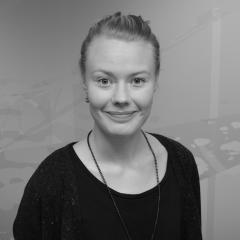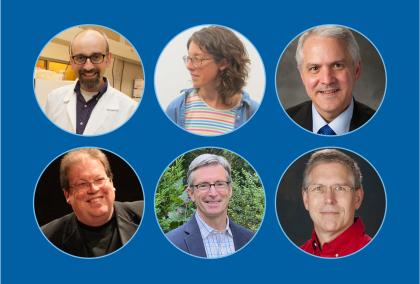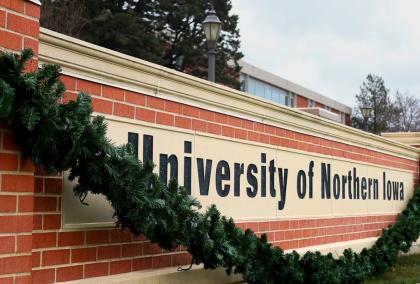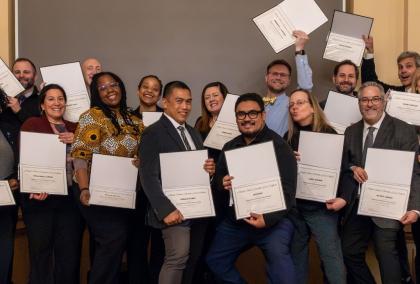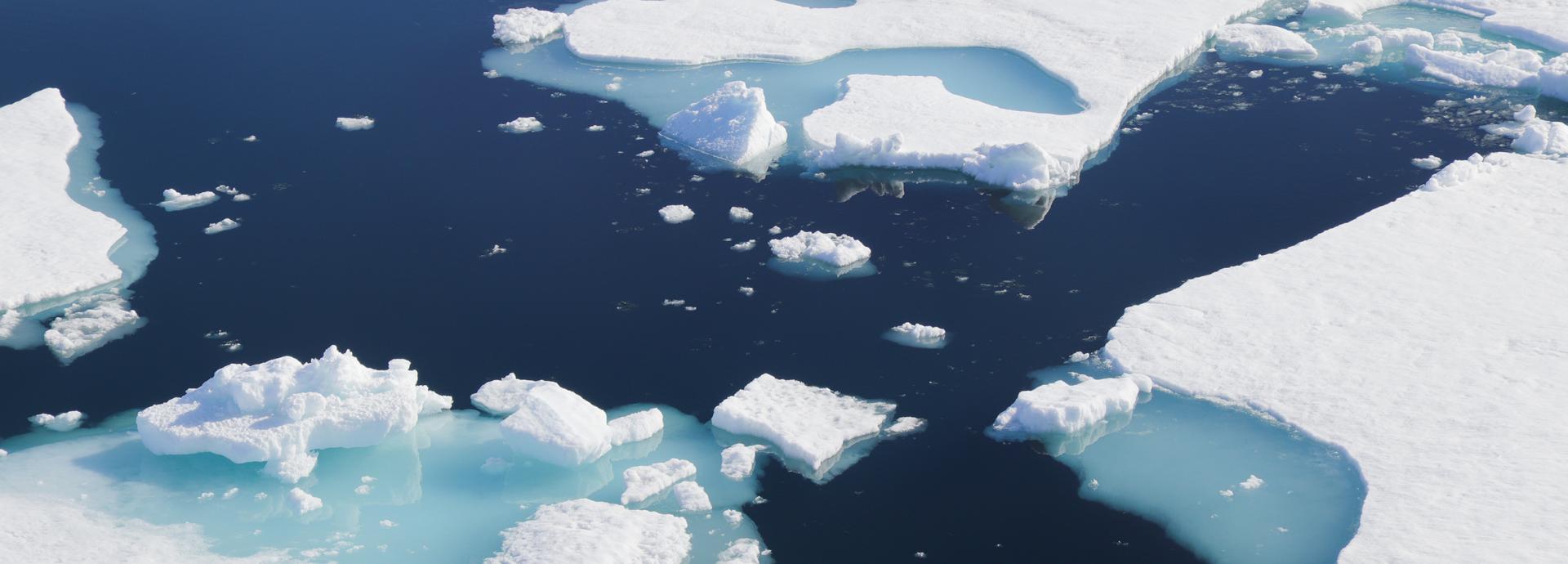

The competition for the FAI 2024-26 ended on March 1, 2024, and the program is currently ongoing (until late spring 2026). See below for links to the ongoing program's webpage and timeline, as well as information on what the application requirements for 2024-26 were.
Purpose of the Grant Program
Building on the scholarship of three cohorts of the Fulbright Arctic Initiative, Fulbright Arctic Initiative (FAI) IV will bring together a network of professionals, practitioners, and researchers from the United States, Canada, the Kingdom of Denmark (including Greenland and the Faroe Islands), Finland, Iceland, Norway, Russia, and Sweden for monthly webinars, thematic group collaboration, three in-person meetings, and an individual exchange experience. FAI IV will address key research and policy questions related to promoting Arctic Security through a diverse, multi-dimensional, cooperative interdisciplinary framework.
Program participants will focus their research on one of the following themes:
- Climate Change and Arctic Resources
- Arctic Security and Governance
- Mental Health and Well Being
Approximately 19 outstanding scholars will be selected to participate in the program as FAI Scholars through an open, merit-based competition. At least four of the scholars will be selected from the United States and at least one scholar will be selected from each of the other Arctic Council member states. Co-Lead Scholars will provide intellectual leadership and guidance throughout the program, in addition to mentoring program participants, connecting program scholars to other international experts, and facilitating discussion and collaboration among the scholars.
Selected scholars will participate in an individual Fulbright exchange of a minimum of six weeks up to three months (Finnish scholars will travel to the United States, and U.S. scholars will be able to come to Finland), as well as in-person seminars and ongoing virtual communication, all supporting the scholars’ collaborative research projects.
Program activities will begin in September 2024 and run for 18 months, through spring 2026.
Benefits
- Scholars will receive funding in the amount of USD $40,000 (or an equivalent amount in local currency). This allowance is intended to support travel to all program meetings, travel and maintenance for the individual exchange visit, research materials and assistance for grantees only.
- Accommodations and meals for all group meetings will be covered separately.
- Grants will also include limited accident and sickness benefits.
The Fulbright Arctic Initiative is a program of the U.S. Department of State, Bureau of Educational and Cultural Affairs (ECA). In Finland, their partner is the Fulbright Finland Foundation.
Please see the detailed program description, further information on the themes, and program eligibility requirements on the Fulbright Scholar Program website.
Support for Grantees with Disabilities
Extra funding support is available for grantees with disabilities. If you have a disability that would cause additional costs for the grant term, contact the Foundation to discuss reasonable accommodations. Send your self-assessment with a description of the disability and the specific accommodations requested to the Foundation ([email protected]) by the grant application deadline.
Please note that disclosing the need for disability accommodation does not affect the review and selection process.
How to Apply?
The Finnish applicants must complete and submit an online application.
The following materials comprise a complete application:
- Application form
- Statement of purpose (three to five pages)
- Bibliography (up to three pages)
- Curriculum vitae (up to six pages)
- Letters of recommendation (two)
- Letter of invitation from a U.S. host institution (recommended but not required)
- Copy of your passport
- Possible copies of previous J-1/J-2 visas
Budget will be asked from the candidates who are invited for an interview.
The applicant is responsible for saving all the required attachments in the application system by the deadline.
timeline | |
|---|---|
| Application deadline for Finnish applicants | March 1, 2024 (5:00 PM Eastern Standard Time) |
| Interview invitations will be sent out | March 19, 2024 |
| Virtual interviews | March 25, 2024 |
| Selections published | May 2024 |
| Compulsory Orientation Day in Helsinki for all selected grantees | May 13, 2024 |
| First Group Meeting and Orientation (Norway) | September 8-14, 2024 |
| Mid-Year Group Meeting (Greenland) | June 2025 (dates TBC) |
| Final Group Meeting (Washington, DC) | April 2026 (dates TBC) |
U.S. applicants
U.S. applicants and applicants from all other eligible countries please consult the Fulbright Scholar Program webpage for further information.
Information on the previous rounds of the Fulbright Arctic Initiative:
2021-2023
2018-2019
- Fulbright Arctic Initiative Scholars 2018-2019
- Fulbright Finland News Magazine article: International Collaboration to Address Shared Challenges
- Fulbright Arctic Symposium organized in Oulu in 2019 (recording of the symposium available on the website)
2015-2016
- The Fulbright Arctic Initiative: Expanding Networks and Opportunities (Article by FAI Alumni Linda Chamberlain)
- Fulbright Arctic Initiative: Research to Transform Practices and Inform Policy Development (Article by FAI Alumni Linda Chamberlain)
- Fulbright as the Catalyst for Technology Transfer Between Alaska and Finland (Article by FAI Alumni Gwen Holdmann)
- Fulbright Arctic Symposium organized in Oulu in 2016
- Fulbright Finland article: Towards a Sustainable Arctic Future
- Read more about Arctic issues on Fulbright Finland News Magazine 2/2014.
What is the Fulbright Finland Foundation?
The Fulbright Finland Foundation is a private, independent, not-for-profit organization based in Helsinki, Finland. The Foundation’s aim is
- to promote a wider exchange of knowledge and professional talents through educational contacts between Finland and the United States, and
- to support the internationalization of education and research in Finland, and help U.S. and Finnish institutions create linkages.
What Makes the Fulbright Finland Foundation Programs Unique?
- In addition to the grant, the Fulbright Finland Foundation offers the grantees several additional benefits and free support services, as well as an access to a global, multi-professional network.
- We are looking for applicants who want to impact the future and to make a difference – applicants who want to facilitate positive change, develop and advance their own profession or discipline, and find solutions to national and international challenges in their field.
- The grantees also act as ambassadors for the Fulbright Finland Foundation, their home country, and their home organization and, in this way, do their part in sharing their home country and culture and contributing to the relations between Finland and the U.S.

Fulbright Arctic Initiative is part of the global Fulbright program operating in over 160 countries worldwide.
Questions?
